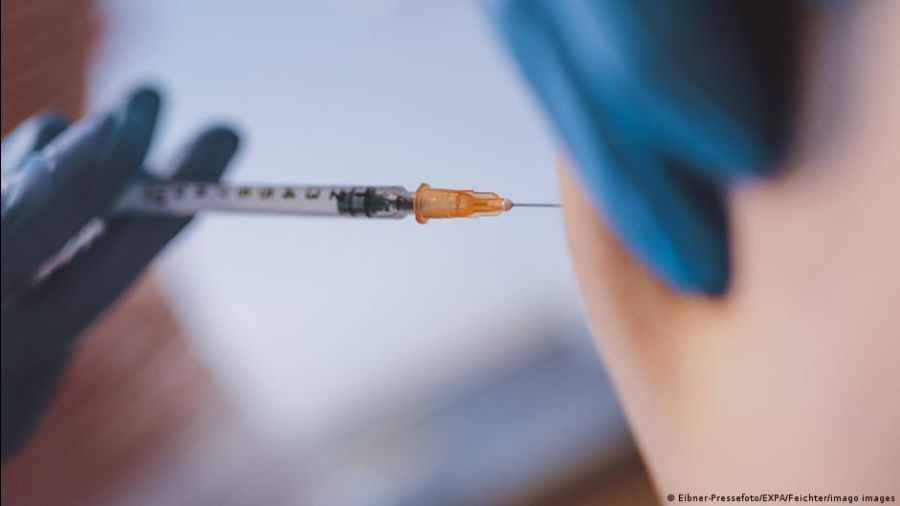Giving a different vaccine as the third dose than was received for the first two shots leads to better performance compared to using the booster of same preventive, according to a study published in The Lancet Global Health journal.
The research assessed the effectiveness of CoronaVac, Pfizer and AstraZeneca vaccine boosters in individuals who had a primary two-dose immunisation schedule with CoronaVac, compared with no vaccination.
CoronaVac is an inactivated SARS-CoV-2 vaccine which accounts for about half the COVID-19 vaccine doses delivered globally.
The researchers from the Universidad del Desarrollo, Pontificia Universidad Catolica de Chile, and colleagues from the Chilean Ministry of Health looked at Chile's national immunisation programme, where the two-dose Coronavac schedule was by far the most widely used.
Individuals administered vaccines from February 2, 2021, to the prespecified trial end date of November 10, 2021, were evaluated.
The researchers estimated the vaccine effectiveness of booster doses against laboratory-confirmed symptomatic COVID-19 cases and COVID-19 outcomes -- hospitalisation, admission to the intensive care unit (ICU), and death.
A total of 11,174,257 (over 1 crore) individuals were eligible for this study, among whom 4,127,546 (over 41 lakh) completed a primary immunisation schedule (two doses) with CoronaVac and received a booster dose during the study period.
As many as 1,921,340 (46 5 per cent) participants received an AstraZeneca booster, 2,019,260 (48 9 per cent) received a Pfizer booster, and 1,86,946 (4 5 per cent) received a CoronaVac third shot.
The researchers calculated an adjusted vaccine effectiveness in preventing symptomatic COVID-19 of 79 per cent for a two-dose schedule plus CoronaVac booster, 97 per cent for a Pfizer booster, and 93 per cent for an AstraZeneca booster.
The vaccine effectiveness against hospitalisation, ICU admission, and death was 86 per cent, 92 per cent, and 87 per cent for a CoronaVac booster, 96 per cent, 96 per cent, and 97 per cent for a Pfizer booster, and 98 per cent, 99 per cent and 98 per cent for an AstraZeneca booster, they said.
"Our results suggest that a third dose of Coronavac or using a different booster vaccine such as Pfizer or AstraZeneca vaccines in those that had previously had two doses of Coronavac provides a high level of protection against COVID-19, including severe disease and death," the authors of the study noted.
"However, receiving a different vaccine for the booster dose results in higher vaccine effectiveness than a third dose of Coronavac for all outcomes, providing additional support for a mix-and-match approach," they said.
Booster programmes were initiated in various countries due to emerging evidence of waning immunity from two dose schedules.
Boosters are also important because evidence suggests that inactivated vaccines like Coronavac offer lower protection than the new mRNA technology vaccines from Pfizer and Moderna.
Delta was the predominant circulating variant in Chile during the study period.
A recent study in Brazil showed that homologous and heterologous booster vaccines following a CoronoVac primary vaccination schedule were safe and immunogenic, the researchers said.
Similarly, a phase 1-2 study in the US with mRNA boosters found that heterologous boosters where on average more immunogenic than homologous boosters, they added.
 Wednesday, 22 January 2025
Wednesday, 22 January 2025









